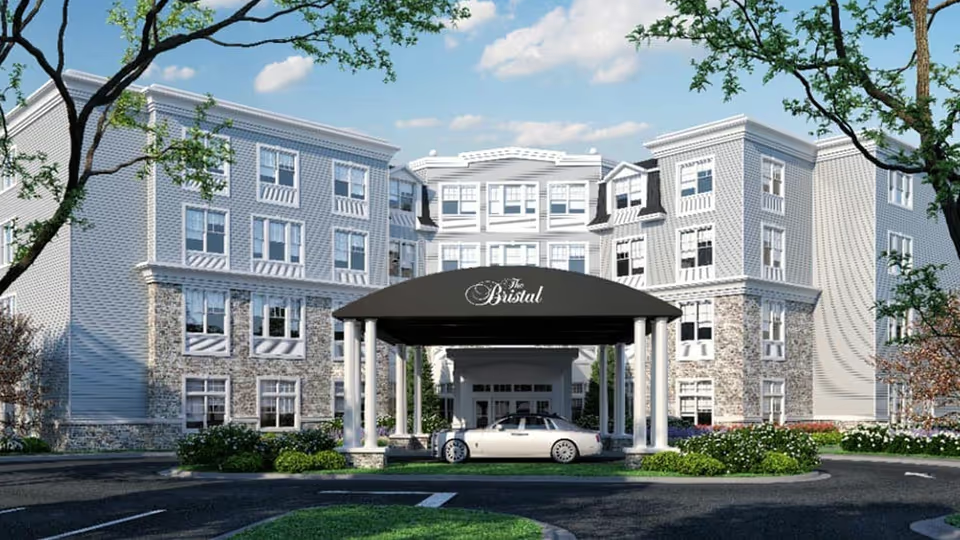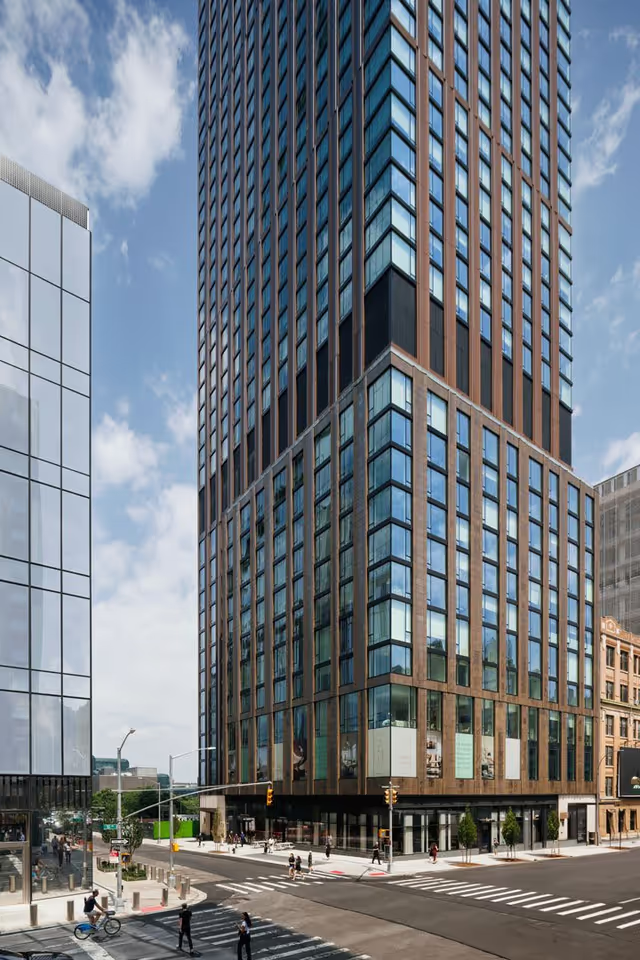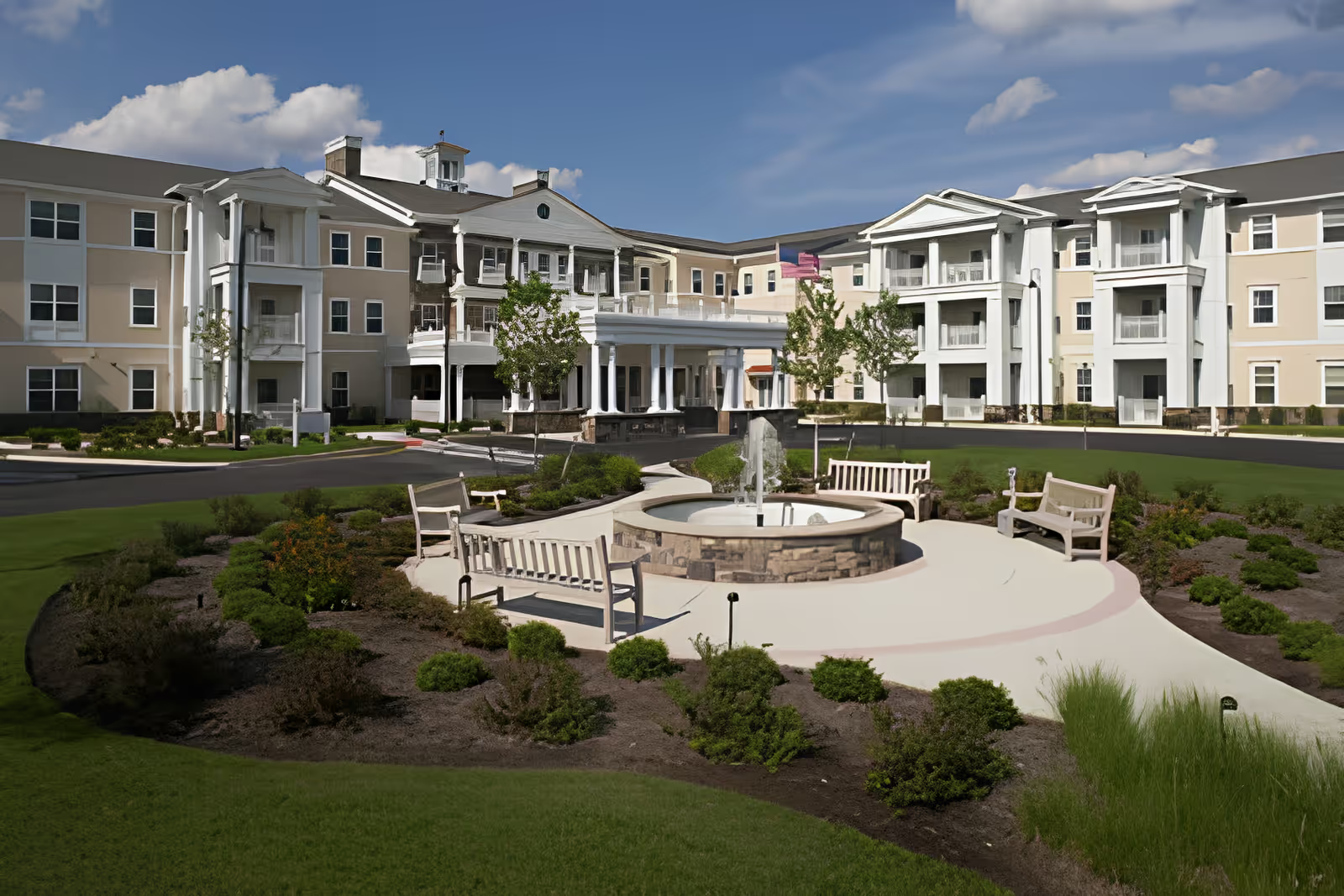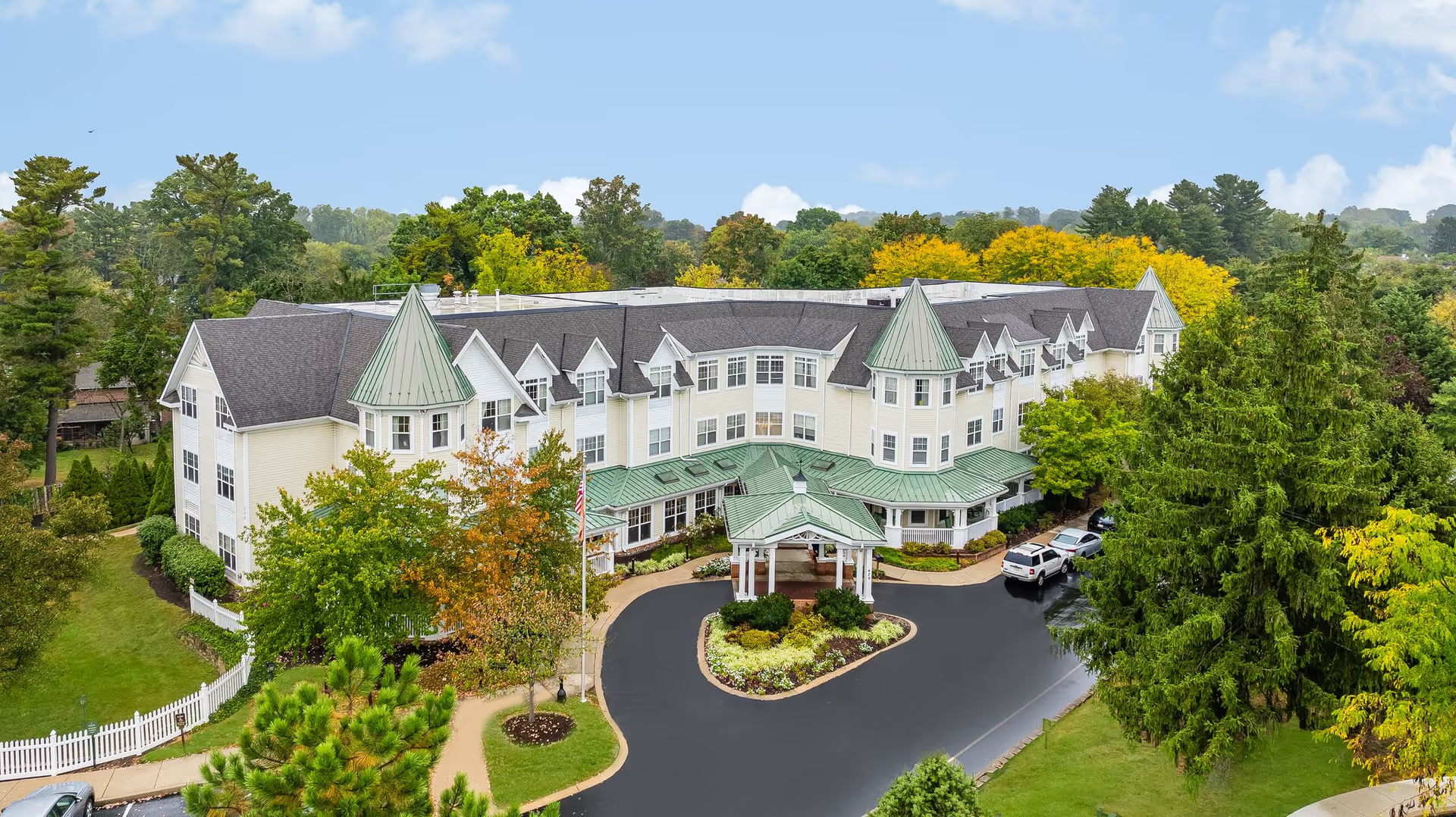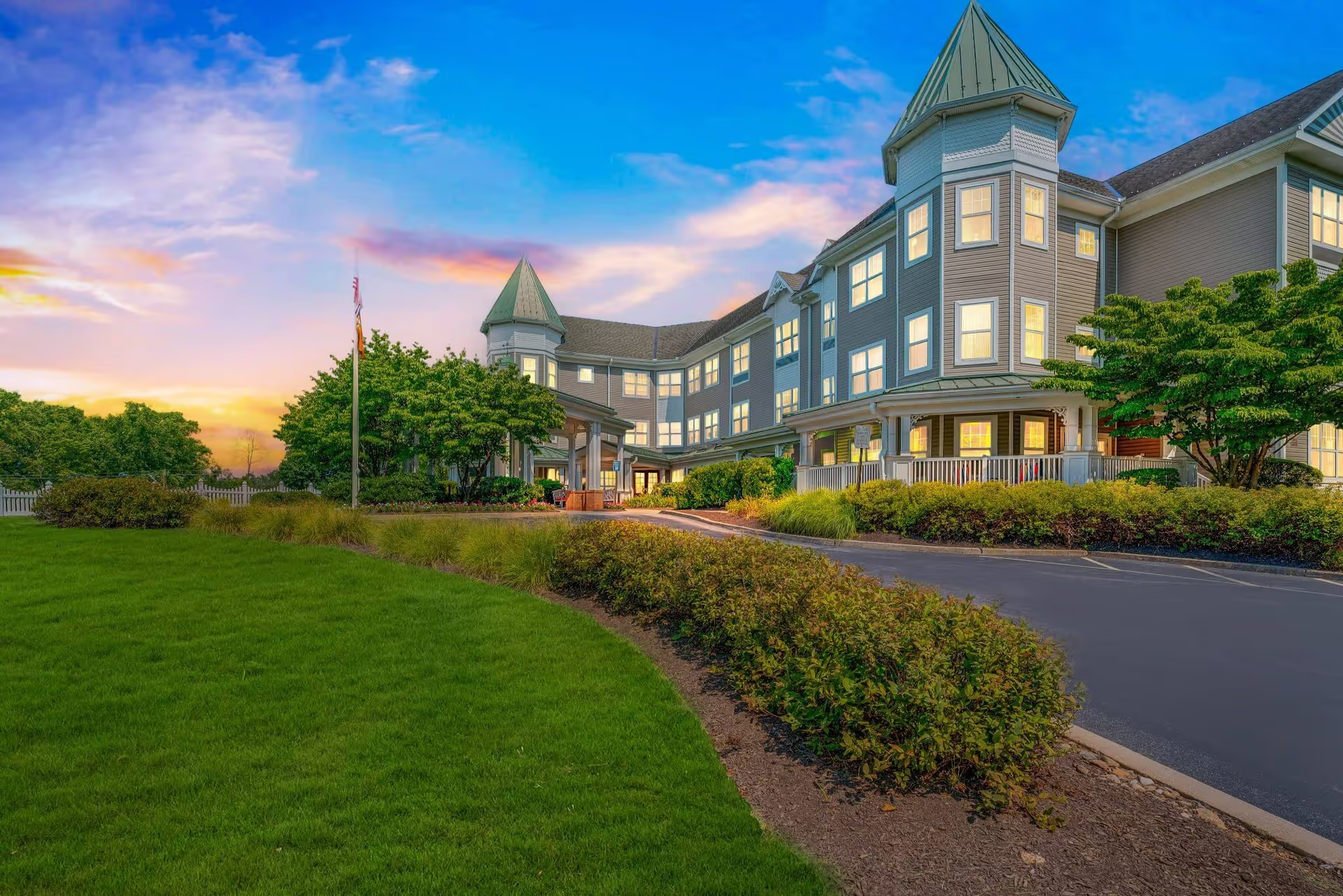Overall sentiment across the reviews for Allendale Senior Living is mixed but leans positive in areas that relate directly to hands-on caregiving, therapy/rehab services, and many physical amenities. A large number of reviewers praise the staff—nurses, CNAs, activity coordinators, therapists, and admissions personnel—highlighting compassion, attentiveness, and professionalism. Multiple families named individual employees (for example, Anthony, Kelly, Nancy, Nik, Gitana, Serina, Lee, Jackie, Chef Anthony) as meaningful contributors to positive experiences. Short-term rehab and therapy are frequently cited as strengths (effective PT/OT and discharge focus), and many reviewers report that residents were cleaner, better looked-after, and enjoying activities and meals after transfers to Allendale.
Facility and amenities receive consistent positive comments: guests note newly renovated resident rooms, refreshed common spaces, a hotel-like ambiance in halls, and continued investment by ownership in upgrades. On-site features such as a movie theater, salon, game room, sunny courtyard and front veranda, and restaurant-style dining are repeatedly praised. For many families, these physical attributes combined with engaged staff create a warm, home-like environment that brings peace of mind and improved quality of life for residents. Housekeeping and maintenance are singled out as satisfactory in many reviews, and locked storage for valuables, security measures, and pandemic-era precautions contribute to perceived safety.
Dining and activities present a more mixed picture. Many reviewers compliment the generous portions, improved menus under new chefs, daily specials, and the option to dine in-room or in the main dining room. Others, however, report inconsistency—criticisms include overly fried or salty meals, repetitive menus, and a lack of fruit or healthy options. Activities are robust and varied according to numerous reviews (clubs, outings, Happy Hour, live music, word games, movie nights), and activity staff are often commended for creating engaging programming. Conversely, a not-insignificant number of families report that activities sometimes do not happen as posted (calendars that look good but events are canceled), and that activity staffing turnover or firings have reduced program consistency.
Care quality and clinical oversight also show variability. Many families are pleased with knowledgeable medical professionals on site, coordinated doctor appointments, accessible nursing, and consistent communication from care teams. Skilled nursing and memory care also garner praise in many comments for respectful, patient, and knowledgeable staff who provide 24-hour care. However, recurring concerns center on staffing levels—several reviewers describe memory care as especially strained, with staff feeling overworked and supervision perceived as insufficient. A minority of reviews allege more severe lapses: medication-order confusion, insufficient follow-up after emergency visits, reports of bedsores, sepsis, or infection, and at least one claim of COVID exposure due to roommate placement. These serious allegations are not the dominant narrative but are significant and appear alongside reports of escalation to Ombudsman or the Department of Health in some cases.
Management, communication, and policy issues emerge as another clear pattern. While many families praise admissions staff for being transparent, efficient, and welcoming, other reviewers report inconsistent administrative responsiveness, poor communication around billing, sudden rate increases, and concerns about opaque financial practices including fear of eviction if Medicaid becomes necessary. Multiple reviewers mention frequent turnover among executive directors and a revolving door of management, which contributes to uneven experiences: periods described as "fabulous" earlier under previous leadership are contrasted with more recent accounts of decline following ownership or administrative changes. A subset of families expressed strong distrust—citing ignored concerns, unhelpful responses from owners/administrators, or even allegations of fraud—though these are balanced by many positive testimonials about caring leadership and responsive managers.
A final pattern is variability across the campus and over time. Reviews consistently note that parts of the facility have been fully renovated while other sections remain aged (bathrooms, kitchenettes, some halls). The campus is large (over 220 residents), which some families find appealing for services and activities but others find impersonal or confusing for residents prone to wandering. Policies such as no-pets and certain dining choices (non-kosher menus) are flagged as deal-breakers for some families. In short, Allendale offers many strong positives—compassionate direct care staff, robust therapy services, attractive amenities, and active investment in renovations—but these strengths are tempered by recurring issues around staffing consistency, administrative communication, dining variability, and a small number of serious clinical or cleanliness complaints. Prospective families should weigh the frequent positive reports about staff and rehab outcomes against the documented variability in management, staffing, and specific unit conditions, and should perform an in-person tour, ask for recent survey or inspection reports, and seek current family/resident references for the particular unit they are considering.
